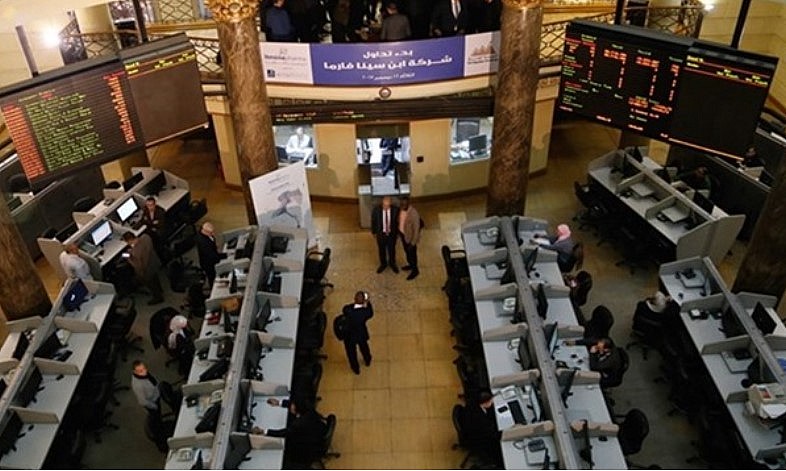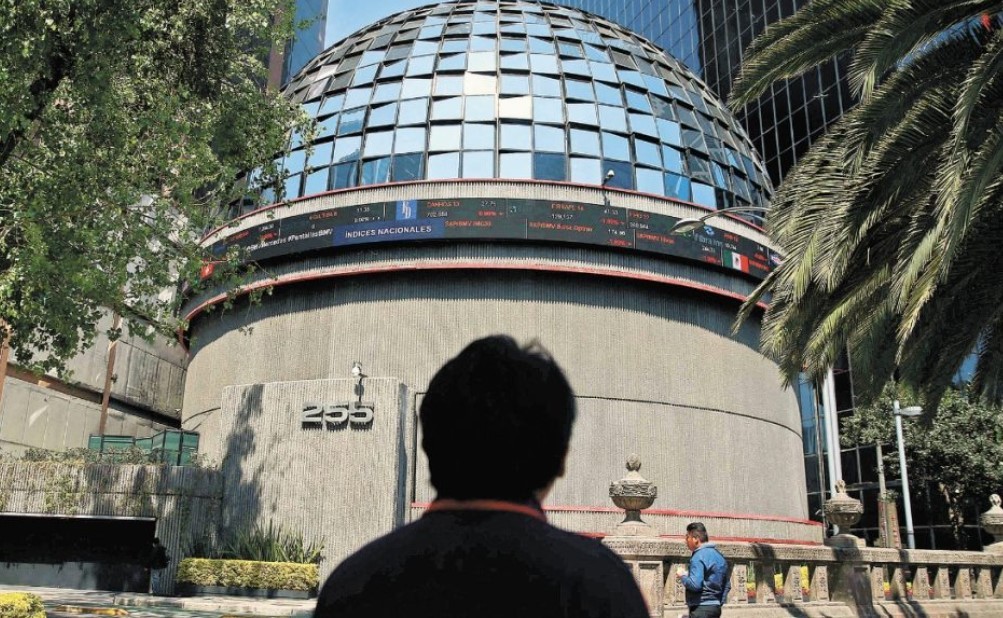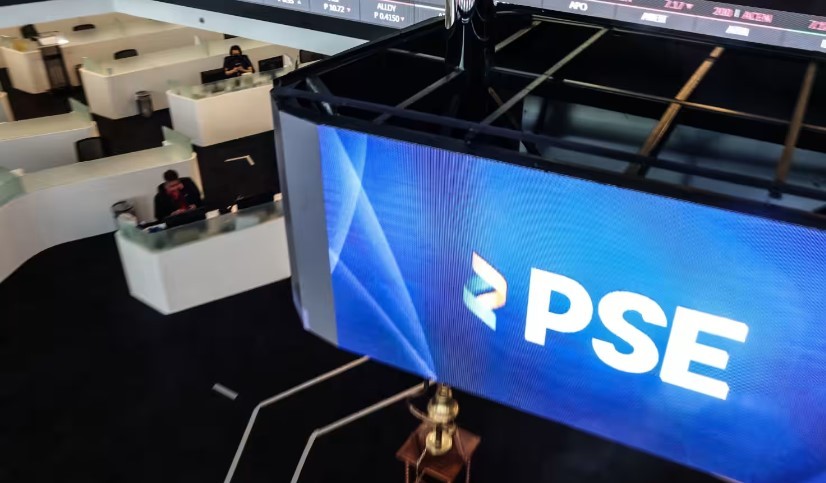Egypt Stock Market Holidays 2025: Key Dates, Features & Smart Trading Advice
Egyptian Stock Market Overview: Key Insights into EGX for 2025
The Egyptian Exchange (EGX) is one of the oldest and most influential stock markets in the Middle East and North Africa (MENA) region. As a vital financial hub, EGX offers investors access to Egypt’s diverse and rapidly evolving economy, with strong representation across sectors such as banking, telecommunications, real estate, energy, and industrials.
The exchange traces its roots back to the Alexandria Stock Exchange (1883) and Cairo Stock Exchange (1903)—two of the earliest exchanges in the region. In 2009, they were unified under the Egyptian Exchange (EGX), symbolizing Egypt’s commitment to financial modernization and global integration.
The EGX 30 Index is the market’s benchmark, tracking the 30 most liquid and highly capitalized companies. Key constituents include Commercial International Bank (CIB), Orascom Construction, and Eastern Company, highlighting the market’s depth and sectoral diversity.
Strategically located and supported by a solid regulatory framework, EGX attracts both domestic and international investors seeking exposure to emerging market growth with high return potential.
This guide explores the 2025 Egyptian stock market holiday schedule, trading hours, unique market characteristics, and practical strategies for investing in one of MENA’s most dynamic financial markets.
Learn more: Egypt Calendar 2025 - Full List of Public Holidays, Observances And Celebrations
Official Holidays for the Egyptian Stock Market in 2025
 |
| Egyptian Exchange (EGX) |
The Egyptian Exchange (EGX) suspends trading activities during national public holidays. Below is a detailed breakdown of each holiday, its significance, and how it impacts trading schedules:
1. Coptic Christmas Day - January 7, 2025
-
Date: January 7 (Tuesday)
-
Significance:
Egypt's Coptic Orthodox Christians, who comprise a significant portion of the population, celebrate Coptic Christmas. This religious holiday marks the birth of Jesus Christ and is observed with church services, family gatherings, and community feasts.
-
Market Closure:
The EGX will be closed for the day, aligning with national observances. This provides a brief pause for investors to evaluate their early-year strategies.
2. 25 January Revolution Day - January 25, 2025
-
Date: January 25 (Saturday)
-
Significance:
This holiday commemorates the 2011 revolution that led to significant political and social changes in Egypt. It is a day of reflection and remembrance for the nation’s journey toward greater democracy and reform.
-
Market Closure:
As the holiday falls on a Saturday, no additional market closure will be observed.
3. Eid al-Fitr - March 30-31, 2025
-
Dates: March 30 (Sunday) and March 31 (Monday)
-
Significance:
Eid al-Fitr marks the end of Ramadan, the Islamic holy month of fasting and spiritual reflection. It is a joyous occasion celebrated with communal prayers, feasts, and acts of charity.
-
Market Closure:
The EGX will close for two days to honor this significant Islamic festival. Investors should prepare for reduced market activity in the days leading up to and following the holiday.
4. Sham El-Nessim - April 21, 2025
-
Date: April 21 (Monday)
-
Significance:
Sham El-Nessim is an ancient Egyptian festival celebrating the arrival of spring. It is observed by Egyptians of all religions with outdoor picnics, traditional foods like salted fish (fesikh), and family gatherings.
-
Market Closure:
Trading will be suspended for the day, offering a brief respite for market participants.
5. Labour Day - May 1, 2025
-
Date: May 1 (Thursday)
-
Significance:
Labour Day is an international holiday that honors the contributions of workers to economic and social progress. In Egypt, it is marked by parades, speeches, and cultural events.
-
Market Closure:
The EGX will be closed, aligning with global markets. Investors can use this time to reassess market trends.
6. Eid al-Adha - June 5-7, 2025
-
Dates: June 5 (Thursday) to June 7 (Saturday)
-
Significance:
Known as the Festival of Sacrifice, Eid al-Adha commemorates Prophet Ibrahim’s willingness to sacrifice his son in obedience to God. It is a time for prayer, animal sacrifice, and community sharing.
-
Market Closure:
The EGX will remain closed for three days. Investors should plan ahead for this extended holiday period.
7. Islamic New Year - June 26, 2025
-
Date: June 26 (Thursday)
-
Significance:
The Islamic New Year marks the beginning of the lunar calendar, commemorating Prophet Muhammad’s migration (Hijra) from Mecca to Medina.
-
Market Closure:
Trading will be suspended for the day, reflecting the cultural and religious importance of this holiday.
8. Armed Forces Day - October 6, 2025
-
Date: October 6 (Monday)
-
Significance:
Armed Forces Day commemorates the October War of 1973, during which Egyptian forces successfully crossed the Suez Canal. It is a day of national pride and military recognition.
-
Market Closure:
The EGX will be closed, providing an opportunity for market participants to reflect on Egypt’s history and progress.
Trading Hours
The Egyptian Exchange operates on the following schedule:
- Pre-Opening Session: 9:30 AM - 10:00 AM (EET)
- Regular Trading Session: 10:00 AM - 2:30 PM (EET)
On Fridays, Saturdays, and national holidays, the market remains closed. Investors should align their trading activities with this schedule to avoid interruptions.
Unique Features of the Egyptian Stock Market
-
Historical Significance:
- The EGX is one of the oldest stock markets in the Middle East and North Africa, reflecting its rich economic history.
-
Diverse Listings:
- The EGX includes companies across key sectors like telecommunications, banking, energy, and real estate, making it a well-diversified market.
-
Dual Locations:
- The exchange operates out of both Cairo and Alexandria, maintaining a significant presence in Egypt’s two major cities.
-
Regulatory Environment:
- The market is governed by the Financial Regulatory Authority (FRA), ensuring transparency and investor protection.
-
Foreign Participation:
- Egypt allows foreign investors to participate actively, with no restrictions on capital repatriation, making it an attractive destination for global investors.
-
Growing Index:
- The EGX 30 Index includes leading companies, providing a benchmark for tracking market performance.
Advice for Investors
-
Plan for Holidays:
Prepare for extended closures, particularly during religious festivals like Eid al-Fitr and Eid al-Adha.
-
Monitor Key Sectors:
Focus on high-growth areas such as real estate, banking, and energy to capitalize on Egypt’s economic expansion.
-
Diversify Portfolios:
Diversify investments across multiple sectors to reduce risk and improve returns.
-
Stay Informed:
Keep up with regulatory updates and market trends to make informed decisions.
-
Utilize Local Expertise:
Partner with local brokers or financial advisors to navigate Egypt’s market dynamics effectively.
Conclusion
The Egyptian Exchange (EGX) is a cornerstone of the Middle Eastern financial ecosystem, offering diverse opportunities for investors in a rapidly growing economy. By understanding the market’s holiday schedule, trading hours, and unique features, investors can effectively navigate the EGX and make informed decisions.
Whether you are a retail trader or an institutional investor, the EGX provides a robust platform to achieve your financial goals in 2025 and beyond.
FAQs: Egyptian Stock Market
1. When does the Egyptian stock market close in 2025 for holidays?
The Egyptian Exchange (EGX) observes national public holidays, including:
- Coptic Christmas (January 7, 2025)
- Eid al-Fitr (March 30-31, 2025)
- Sham El-Nessim (April 21, 2025)
- Labour Day (May 1, 2025)
- Eid al-Adha (June 5-7, 2025)
- Islamic New Year (June 26, 2025)
- Armed Forces Day (October 6, 2025)
When holidays fall on weekends (Friday or Saturday), no additional trading closures are observed. For a full and updated list, consult the EGX official calendar.
2. What are the trading hours of the Egyptian Exchange?
The EGX operates on the following schedule:
- Pre-Opening Session: 9:30 AM - 10:00 AM (EET)
- Regular Trading Session: 10:00 AM - 2:30 PM (EET)
The market operates from Sunday to Thursday and is closed on Fridays, Saturdays, and public holidays. Investors should align their trading activities with this schedule to avoid missed opportunities.
3. Is the Egyptian stock market open to foreign investors?
Yes, the Egyptian Exchange (EGX) is open to foreign investors. There are no restrictions on foreign ownership, and capital repatriation is fully allowed. However, investors should consider:
- Currency Exchange Risks: Trading is conducted in the Egyptian Pound (EGP).
- Regulatory Requirements: Foreign investors need to open a trading account with a licensed local broker.
- Market Insights: Working with a local financial advisor or broker can help navigate Egypt’s unique market environment.
4. What are the tax implications for trading on the EGX?
Trading on the EGX involves the following tax considerations:
- Capital Gains Tax: A 10% tax on net profits applies to Egyptian residents, while foreign investors are exempt from capital gains tax.
- Dividends Tax: A 10% withholding tax is applied to dividend payouts, which may vary based on tax treaties.
- Stamp Duty: A 0.125% stamp duty applies to the value of each buy and sell transaction for both local and foreign investors.
Investors should consult with a tax advisor to understand how these rules apply to their specific circumstances.
5. What makes the Egyptian stock market unique?
The EGX stands out for several reasons:
- Historical Significance: It is one of the oldest stock markets in the MENA region, with a history dating back to the late 19th century.
- Diverse Economy: The market reflects Egypt’s economic diversity, with sectors like telecommunications, energy, real estate, and banking playing key roles.
- Strategic Location: Egypt’s position as a gateway between Africa, the Middle East, and Europe enhances its market’s importance.
- High Growth Potential: As Egypt continues to invest in infrastructure, renewable energy, and real estate, the EGX offers opportunities for growth-focused investors.
6. How can I access the Egyptian stock market?
To trade on the EGX, follow these steps:
- Choose a Broker: Select a licensed Egyptian brokerage firm to facilitate your trades.
- Open a Trading Account: Provide the required documentation, including proof of identity and financial details.
- Fund Your Account: Deposit funds in Egyptian Pounds (EGP) to start trading.
- Execute Trades: Use your broker’s trading platform to buy and sell stocks listed on the EGX.
Many international brokers also provide access to the EGX through global trading platforms.
7. What are the growth opportunities in the Egyptian stock market?
The EGX offers significant opportunities across various sectors:
- Real Estate: Driven by Egypt’s rapid urbanization and infrastructure development.
- Energy: Investments in renewable energy and natural gas exploration boost this sector.
- Banking: A growing financial sector supported by Egypt’s economic reforms.
- Consumer Goods: Rising domestic demand makes this sector highly lucrative.
By focusing on these growth areas, investors can align their strategies with Egypt’s economic trajectory.
8. How does Egypt’s economic climate affect the stock market?
The EGX is influenced by several economic factors:
- Currency Fluctuations: Movements in the Egyptian Pound (EGP) impact foreign investors.
- Political Stability: Egypt’s political and regulatory environment plays a key role in market sentiment.
- Global Trends: As an export-driven economy, Egypt’s market is sensitive to global commodity prices and trade dynamics.
Staying informed about macroeconomic developments can help investors make better decisions.
 Indian Stock Market Holidays 2025: Key Dates, Unique Features, and Tips Indian Stock Market Holidays 2025: Key Dates, Unique Features, and Tips India’s stock market, represented by major exchanges like the Bombay Stock Exchange (BSE) and the National Stock Exchange (NSE), is an essential pillar of the ... |
 U.K Stock Market Holidays 2025: Key Dates, Unique Features, and Tips U.K Stock Market Holidays 2025: Key Dates, Unique Features, and Tips The UK stock market, anchored by the London Stock Exchange (LSE), plays a pivotal role in global finance. This article provides an overview of the ... |
 Chinese Stock Market Holidays 2025: Key Dates, Unique Features, and Tips Chinese Stock Market Holidays 2025: Key Dates, Unique Features, and Tips The Chinese stock market, encompassing major exchanges like the Shanghai Stock Exchange (SSE) and Shenzhen Stock Exchange (SZSE), is a vital player in the global ... |
 French Stock Market Holidays 2025: Key Dates, Unique Features, and Tips French Stock Market Holidays 2025: Key Dates, Unique Features, and Tips The French stock market, centered around Euronext Paris, plays a vital role in the European financial ecosystem. This article provides a detailed overview of the ... |
 German Stock Market Holidays 2025: Key Dates, Unique Features, and Tips German Stock Market Holidays 2025: Key Dates, Unique Features, and Tips The German stock market, anchored by the Frankfurt Stock Exchange (FSE), is a cornerstone of the European financial system. This article details the official 2025 ... |


























